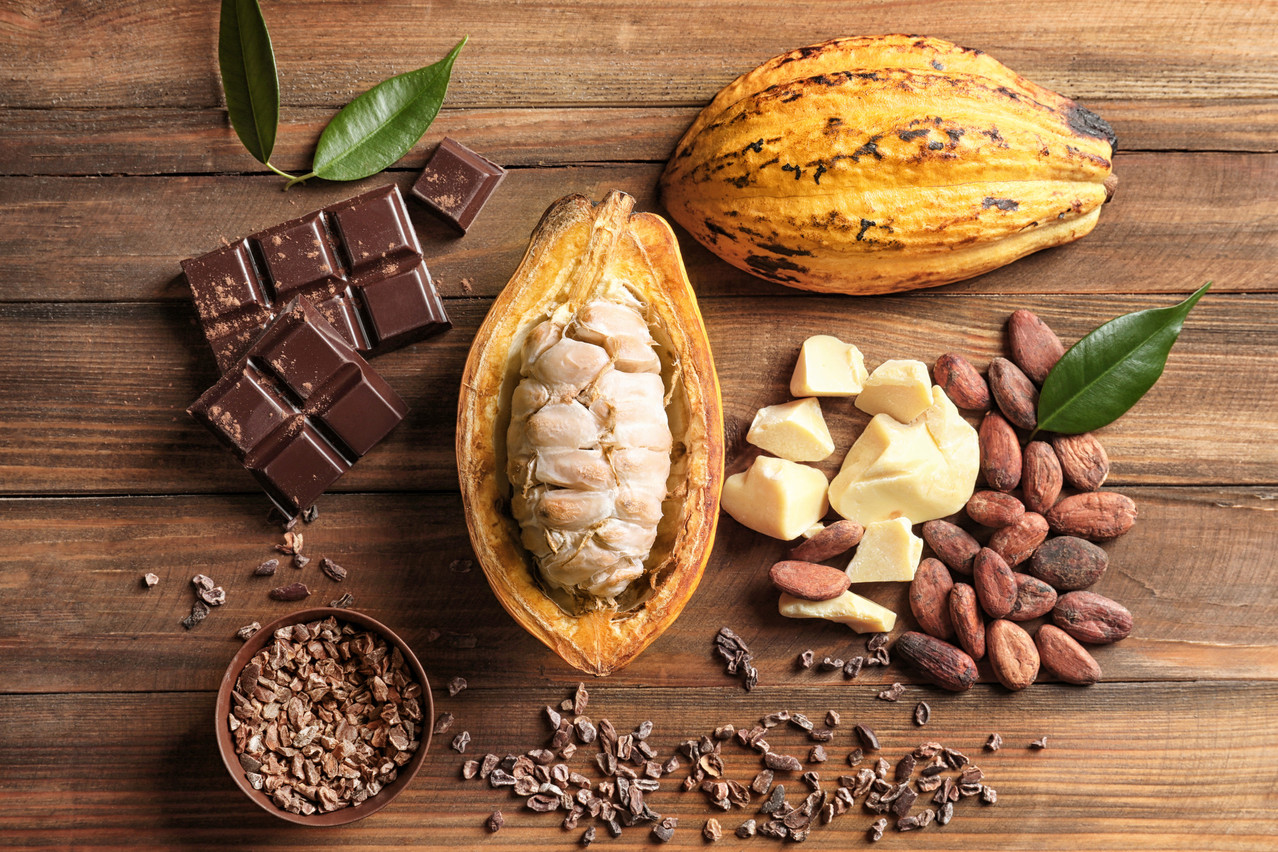As part of the fourth part of a series, Delano contacted several firms with operations in Luxembourg and that have direct or indirect exposure to at least one of the seven commodities covered by the (EUDR). No representative at any of the companies agreed to meet us for an interview. Yet Ferrero did agree to answer some questions by email on their processes and policies.
The food industry is on the case
Despite little attention dedicated to the regulation by the media, Ferrero believes that “its adoption and implementation are widely deliberated by the food industry, EU member states and producing countries.” Despite organisational challenges for companies, a spokesperson said that Ferrero thinks the regulation “will help achieve systemic impact in supply chains.”
Moreover, Ferrero believes that it is “well positioned overall to comply with the law.” The company stated that they “source key ingredients responsibly,” both in terms of traceability and due diligence on relevant impacts. Ferrero admitted that it took “a while to build supply chain based on traceability, transparency and strong supplier relationships.”
[Ferrero is] actively monitoring and verifying that its value chain is deforestation free.
The regulation is extensive, with admittedly some moving targets that are unknown as of now. For instance, the risk classification--still unknown for every country of production--must be assigned by the European Commission (EC) before the end of December 2024. It will assess, for a relevant product, the level of risk of non-compliance in the country of production (low, standard, or high risk).
The expected delivery by the EC is still unclear. On the back of ongoing due diligence that started some time ago, Ferrero “does not expect to be significantly impacted by the classification when it comes to key ingredients.”
Ferrero and palm oil
Ferrero has been preparing the ground for some time on palm oil sourcing as it claims to be “actively monitoring and verifying that its value chain is deforestation free.” The firm achieved the (RSPO) segregated certification that ensure traceability at the plantation level.
The EUDR requires the “geolocation of all plots of land where the relevant commodities… were produced as well as the date or time range of production.” Ferrero claims to precisely geolocate all plots of land where the palm oil was produced with Starling satellite technology, which covers more than 1m hectares of land. Deforestation can therefore be tracked in near real-time. Consequently, the company thinks that it can quickly address any deforestation issues.
Ferrero and cocoa
Similarly, Ferrero claims to prevent deforestation when producing cocoa, as it “aims for traceability back to farm level” in their supply chain by using technology such as SourceMap to observe potential deforestation and “ecosystem conversion.” Ferrero asserted that cocoa supply chain was 96% traceable in the 2021/22 season. The company appears to be on strong footing for full compliance.
Cocoa and its specific challenges
Ferrero told Delano that it is a founding member of the 2017 (CFI), which includes 35 other leading cocoa and chocolate signatory companies. The CFI aims at ending deforestation and restore forest areas in Ghana and Côte d’Ivoire. The two countries supply two-thirds of the world’s cocoa.
The CFI claimed, in a published in September 2023 which reviewed progress in 2022, that it distributed 12.4m multi-purpose tree seedlings to cocoa producers, that it paid for “environmental services” for 23,155 cocoa producers in Côte d’Ivoire and 9,092 in Ghana, and that 85% (+18% versus 2021) of their direct cocoa supply is “now traceable down to the plot level.”
The CFI declared that deforestation in 2022 caused by cocoa production “remained stable compared to previous years” in Ghana, whereas deforestation in Côte d’Ivoire is more volatile, year after year, with a loss of more than 60,000 hectares of forest in 2022.
Deforestation related to cocoa may be higher than the CFI claims
Progress on deforestation in Ghana and Côte d’Ivoire is rather limited according to research conducted by academics and . The researchers noted the absence of a precise map of cocoa thees. With the help of AI and satellite imagery, they observed that cocoa cultivation is responsible for 37% and 13% of forest loss in protected area in Côte d’Ivoire and Ghana, respectively.
It is also reported that 2m farmers involved in cocoa production survive on less than one dollar per day and “nearly all of cocoa farmers live under the poverty line.” They supply an army of middleman in an opaque network.
The research outlined that cocoa certification programmes have improved farm productivity and income, but “there is no conclusive evidence of their impact on agroforestry or deforestation.”
Cooperation with third countries
Through the EUDR, the EU aims to establish partnerships to support “local communities, smallholders and micro, small and medium-sized enterprises (SMEs), improving governance and land tenure, increasing law enforcement and promoting sustainable forest management.”
Ferrero acknowledges the importance of being attentive to smallholder farmers and “to support them in the transition process,” but is short in details other than saying “we are confident producing countries will place a lot of emphasis on this.” Yet it is unclear what role Ferrero intends to play to support its small suppliers with limited resources.
Collective action plans to curb deforestation
The CFI adopted (continual learning and adaptive management) in Ghana to better manage the use of land. Their initiatives are aligned with government policies and programmes. In Côte d’Ivoire, the Conseil du Café-Cacao committed in 2022 to plant 4m trees, while targeting 60m trees by 2028.
The CFI also reported that both countries entered the piloting phase for national traceability systems and drafted guidelines for the African Regional Standard for Sustainable Cocoa with the aim of becoming compliant with the EUDR.
This article was published for the Delano Finance newsletter, the weekly source for financial news in Luxembourg. .
